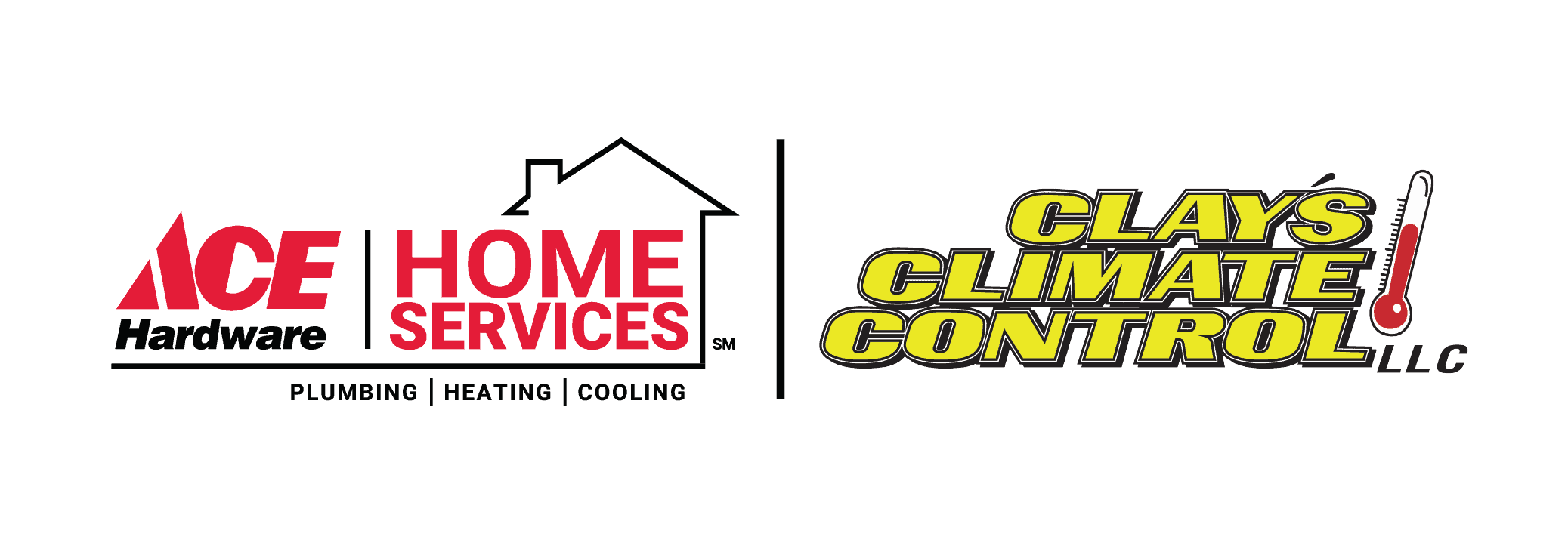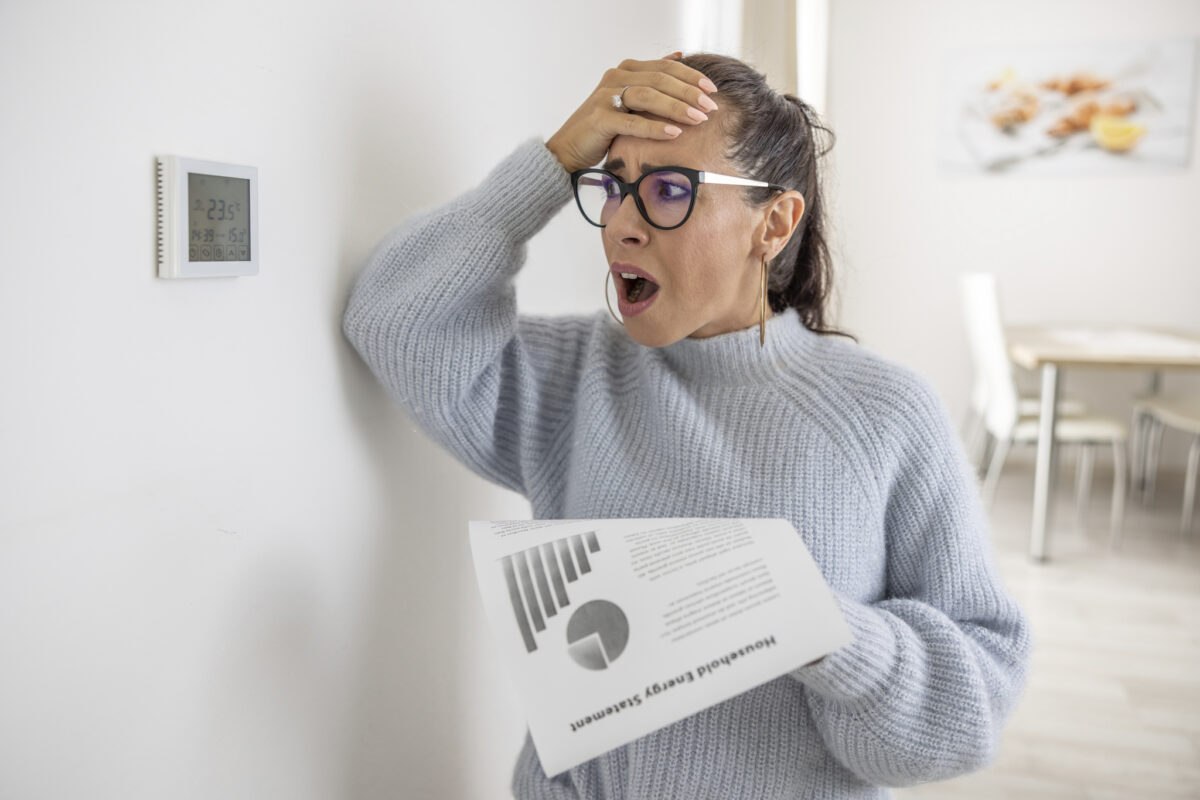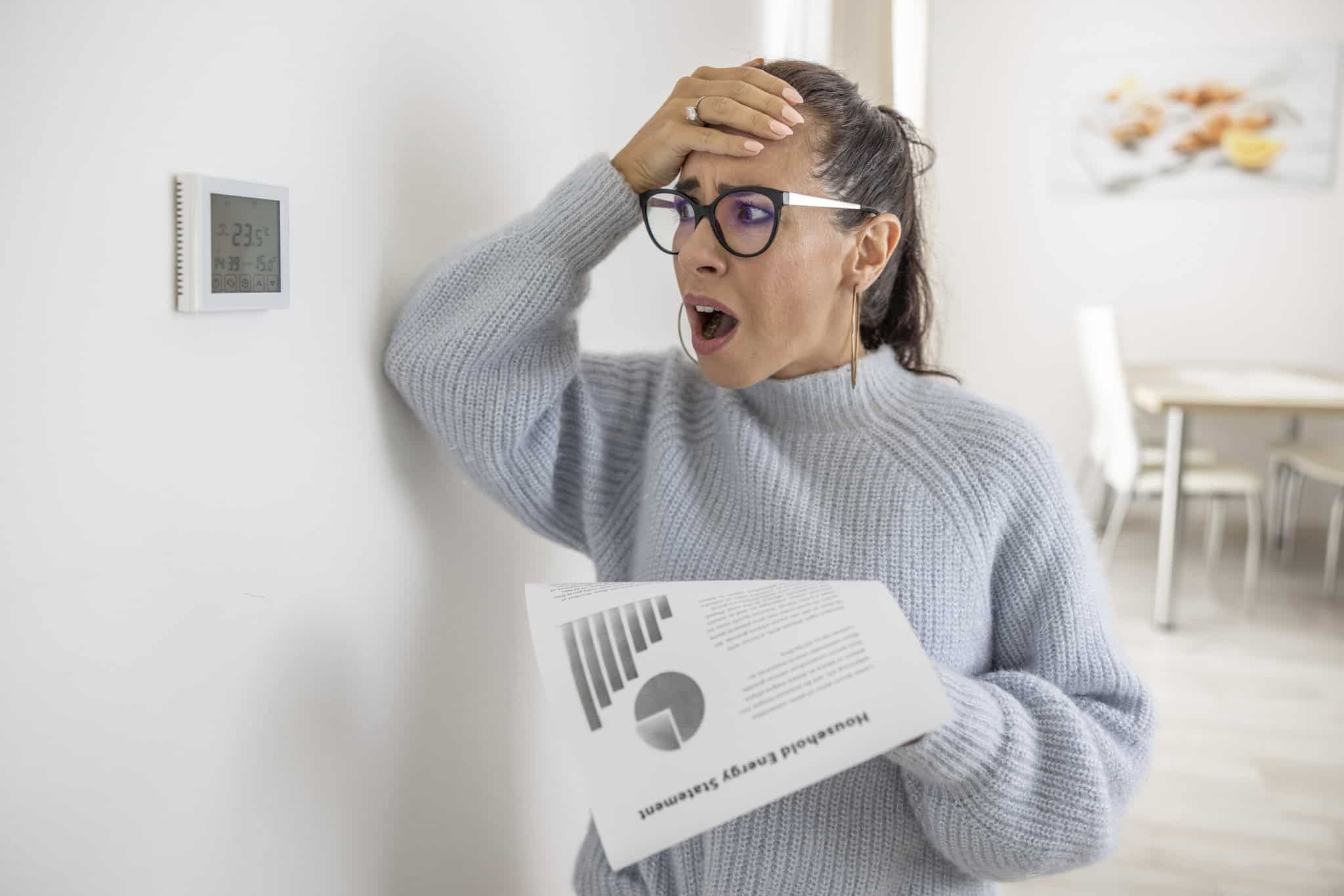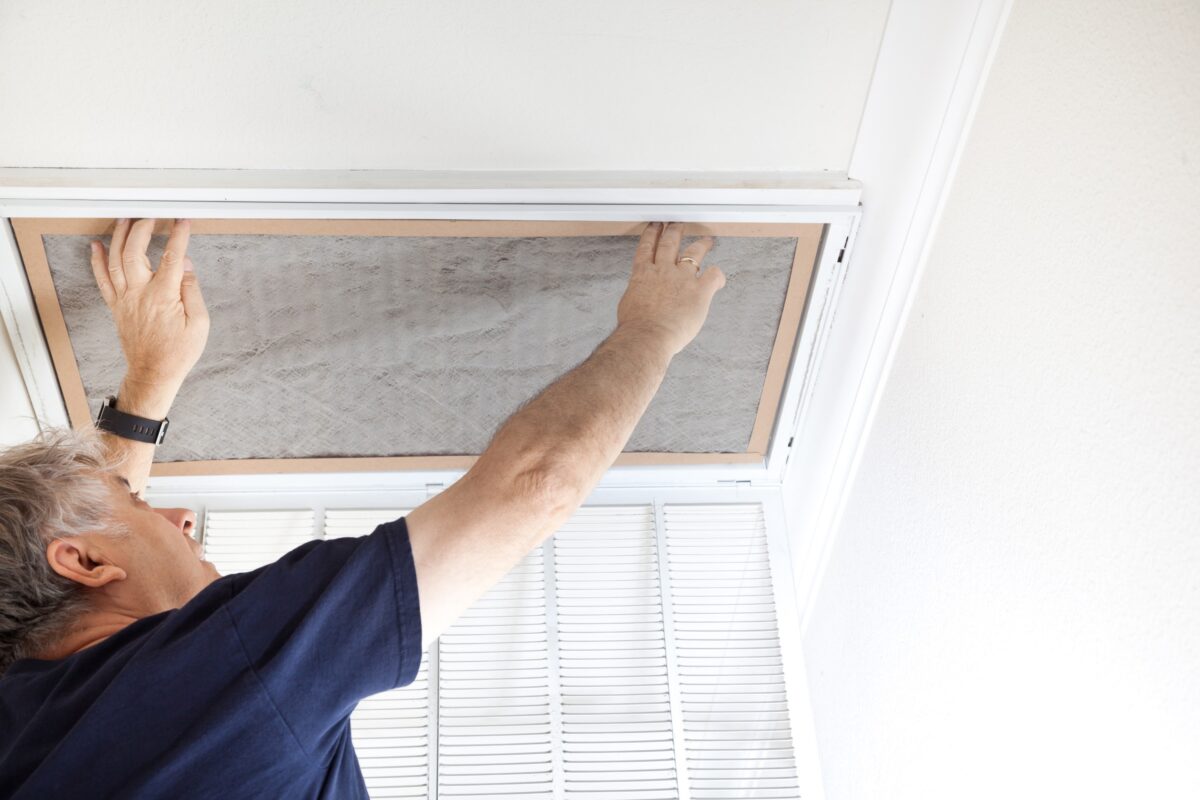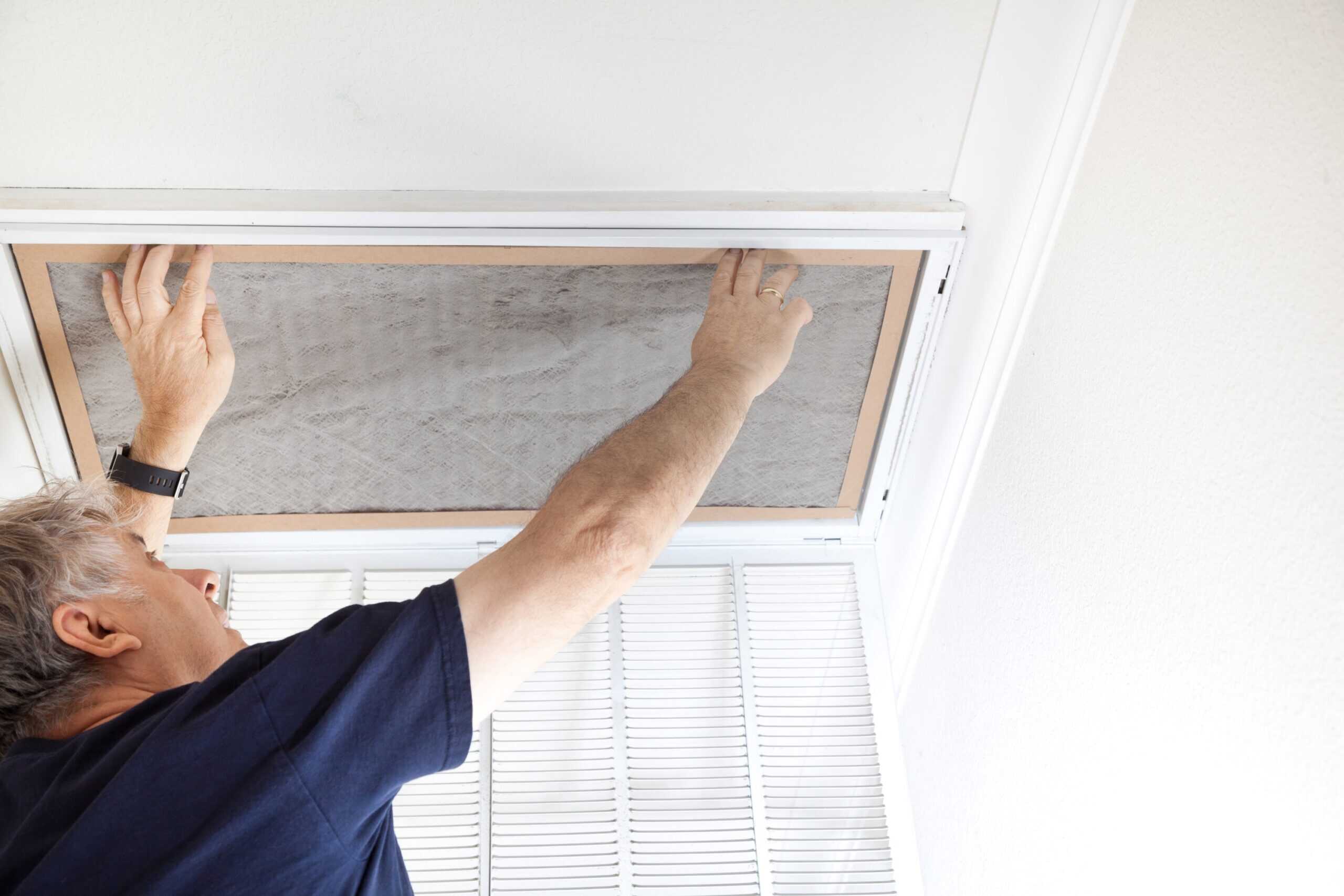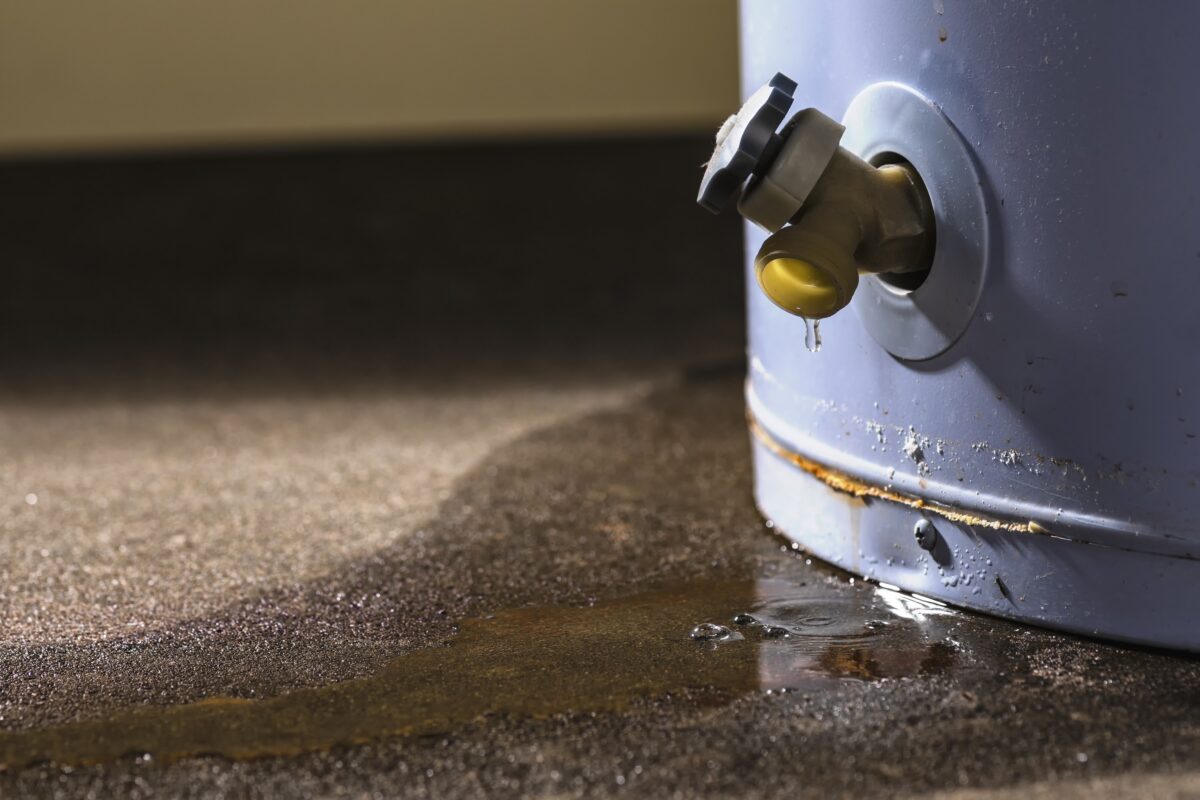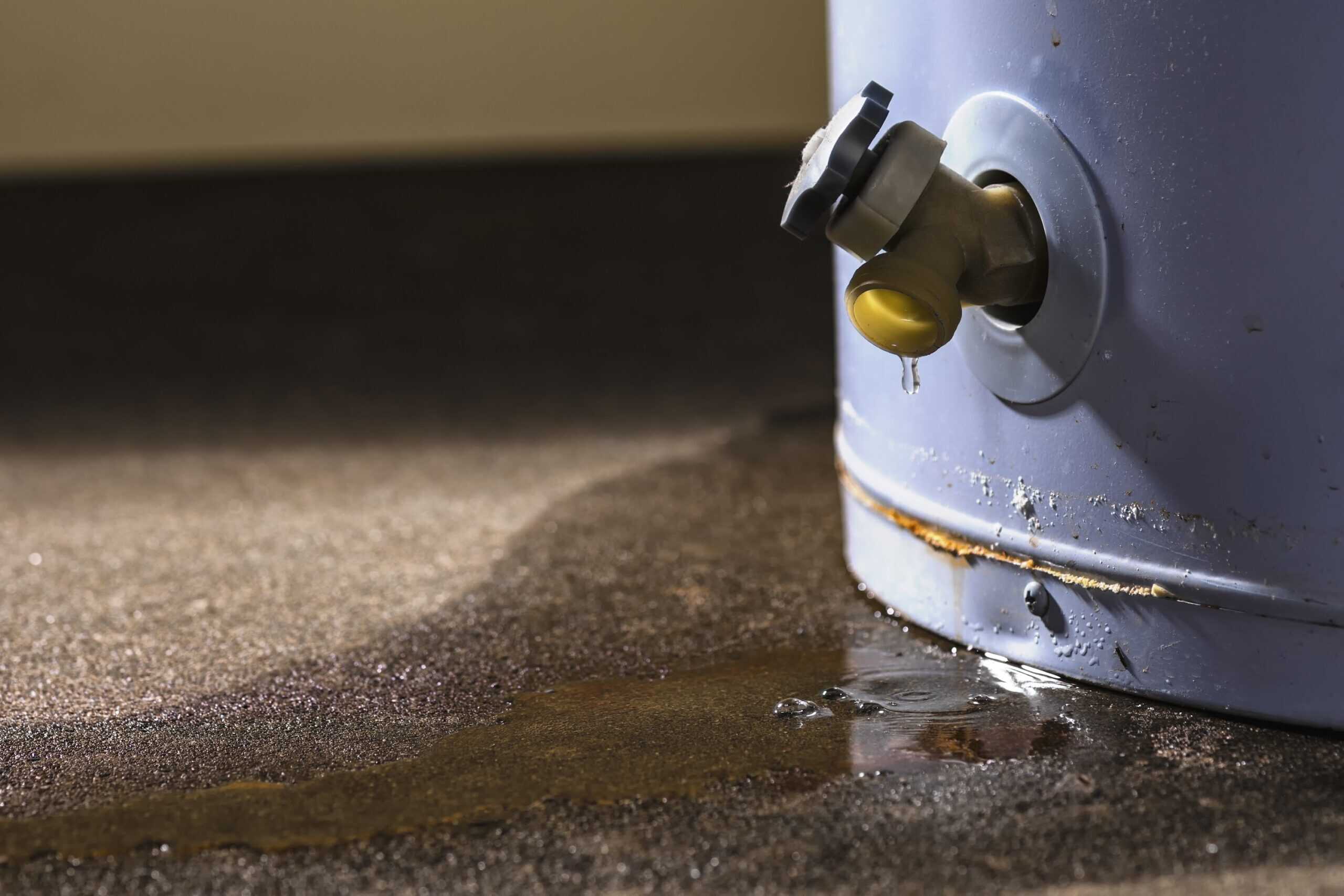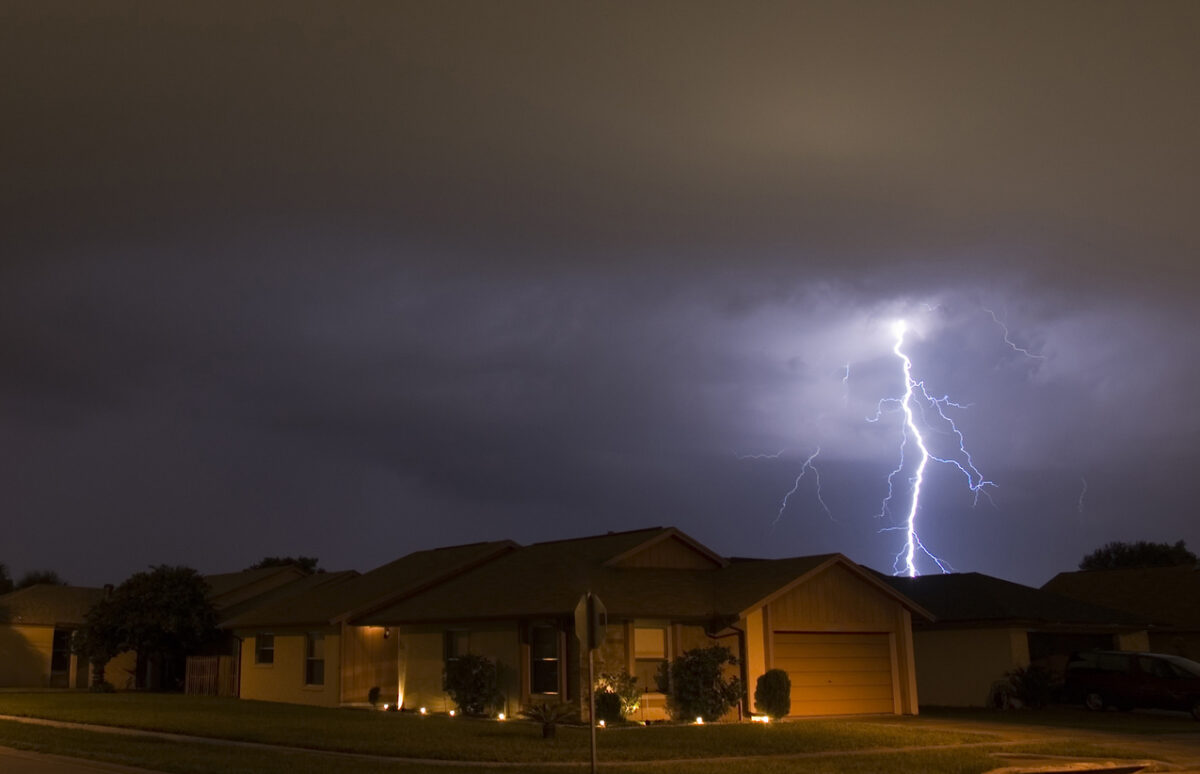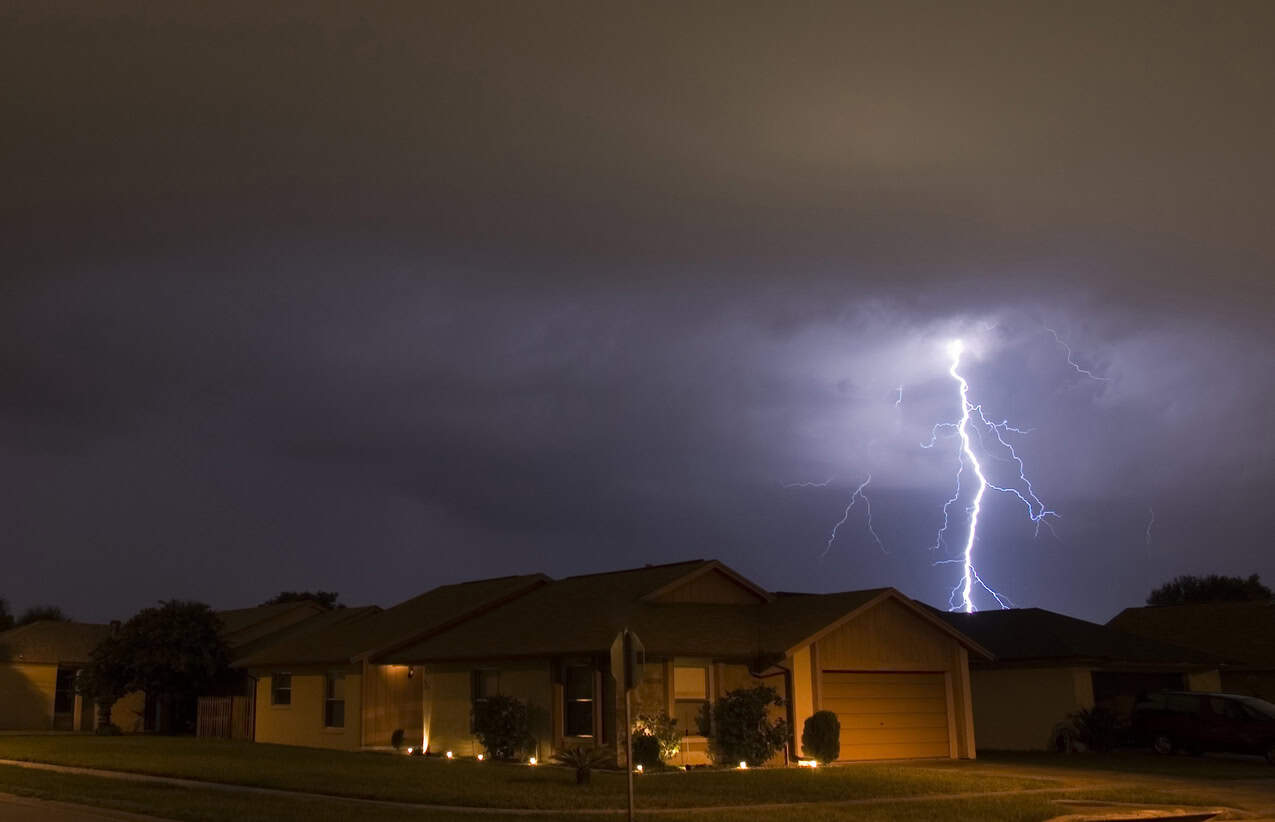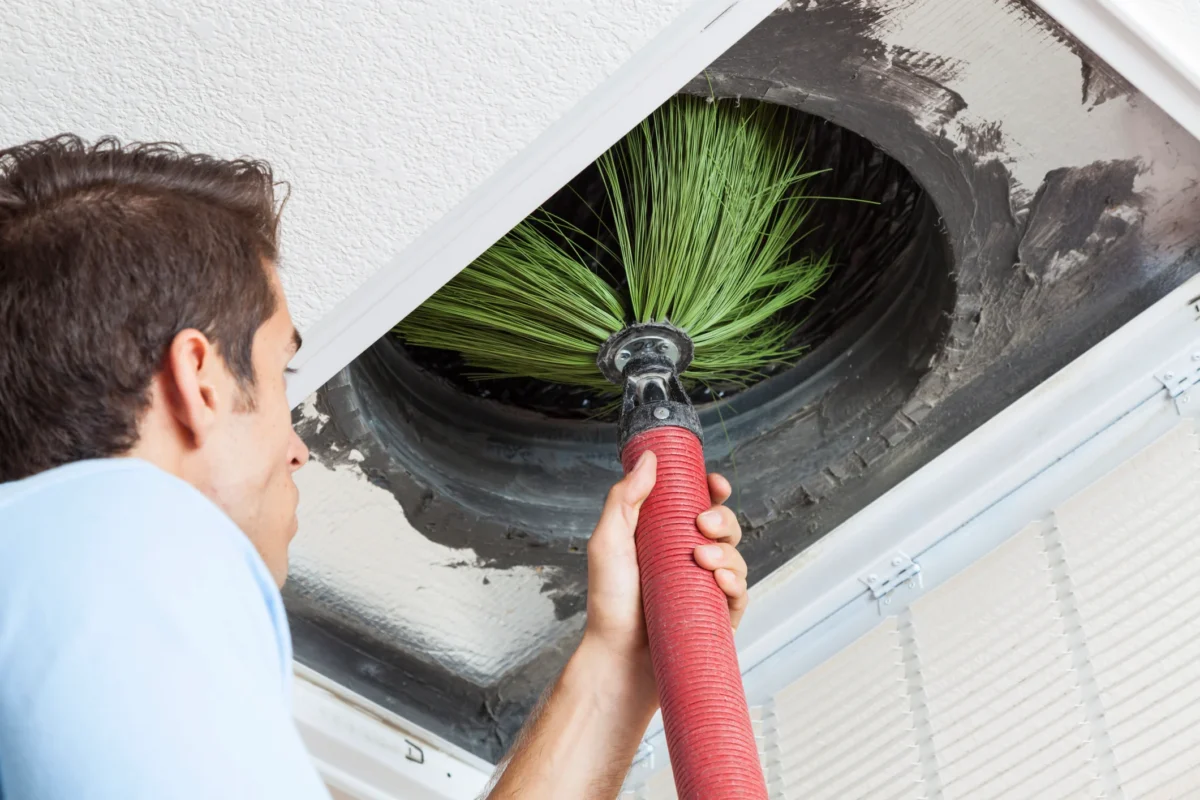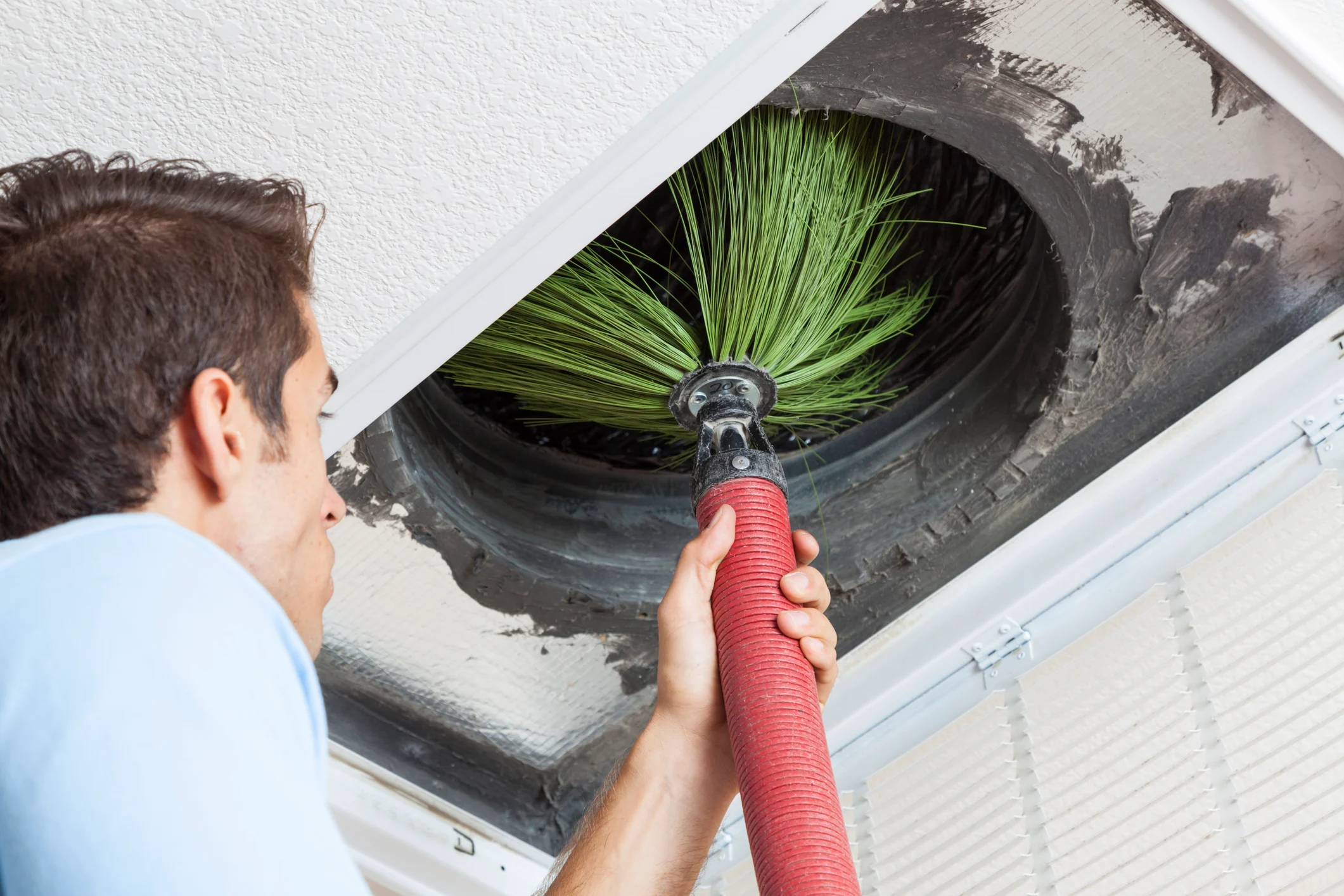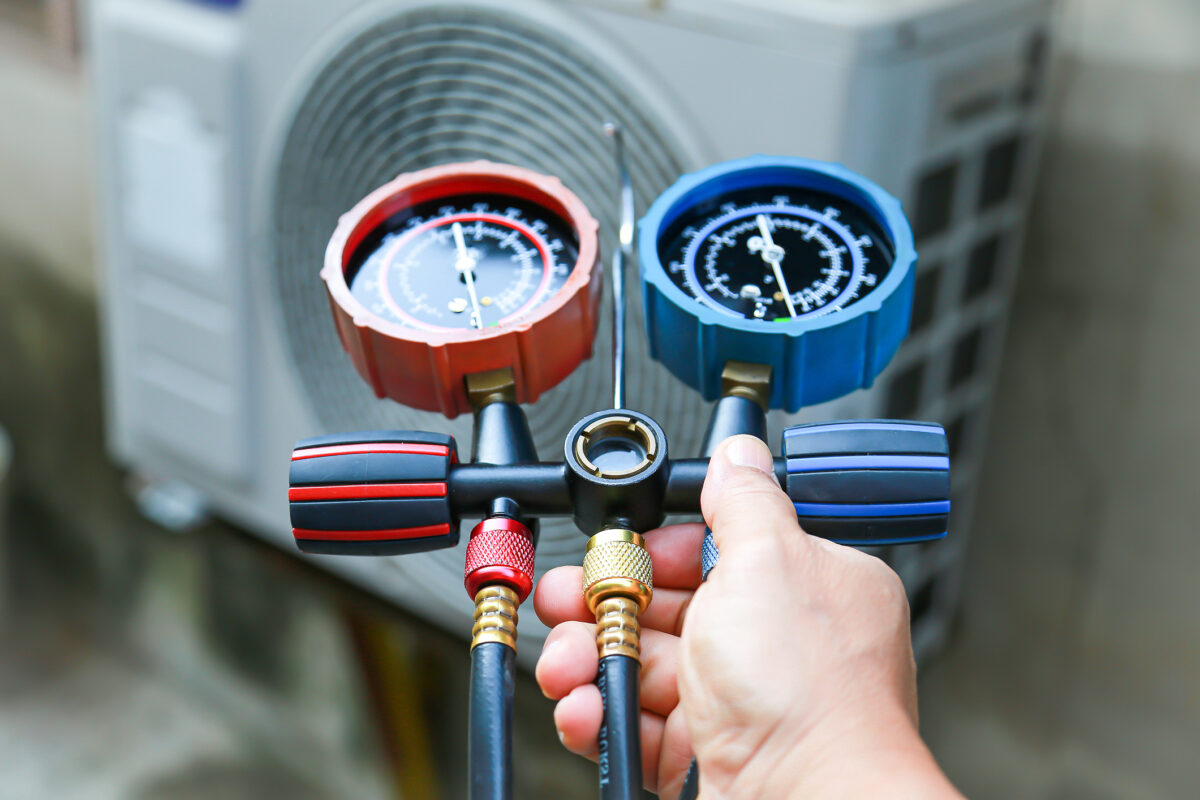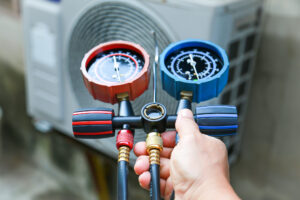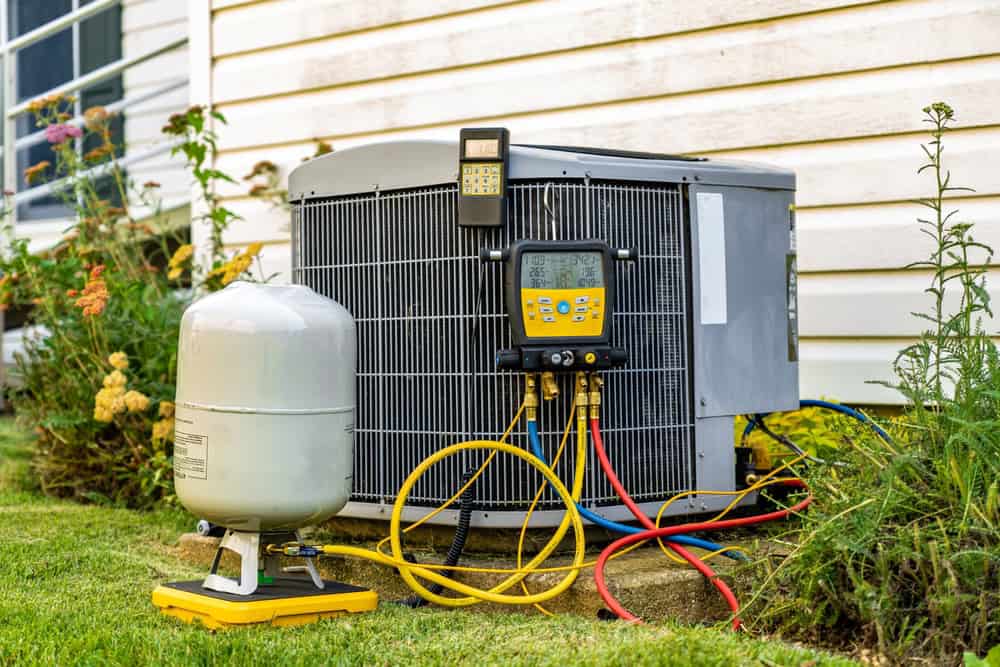If you live in South Jersey, you know how quickly heating costs can climb once the temperatures drop. Between long winters, coastal winds, and unpredictable cold snaps, keeping your home warm can take a toll on your wallet. Fortunately, there are some simple ways to boost comfort and cut costs without sacrificing warmth. With a few smart habits and help from the local HVAC professionals at Clay’s Climate Control, your system can run more efficiently all season long.
5 Tips for Saving on Heating Costs
The key to saving money on heating in South Jersey is improving your home’s efficiency. Small adjustments can make a big impact when you combine good habits with proper maintenance.
Try these tips to lower your heating bill this winter:
- Open curtains during the day: Sunlight is free heat! Letting the sun in during the day warms up your home naturally, reducing how long your furnace, boiler, or heat pump needs to run.
- Seal air leaks: Drafty windows and doors can leak more heat than you realize. Use weatherstripping or caulk to seal gaps and prevent warm air from escaping.
- Schedule heating maintenance: Annual tune-ups help your system work at peak performance. A technician will clean, inspect, and adjust key components to improve energy efficiency and prevent breakdowns.
- Adjust your thermostat: Lowering the temperature by just a few degrees when you’re asleep or away can reduce energy use. A smart thermostat can make these changes automatically for consistent savings.
- Insulate your home: Adding insulation in attics, basements, or crawl spaces keeps heat inside longer. It’s one of the best long-term energy efficiency tips in NJ for maintaining steady comfort through the winter.
Upgrade to a High-Efficiency Heating System
If your current heater is outdated, it could be wasting energy, which translates to wasted money. Older systems often have lower AFUE ratings, meaning more heat escapes during operation. Today’s systems feature variable-speed motors, smart controls, and improved airflow, which can lower utility bills and improve indoor comfort. By upgrading to a modern, high-efficiency model, you can significantly reduce energy use while enjoying more consistent temperatures.
Clay’s Climate Control offers free estimates on replacements and financing options, making it easier to invest in long-term savings.
When High Heating Costs Are a Concern
A sudden increase in energy bills can be a warning sign that your system is struggling. You might also notice uneven heating, strange noises, or frequent cycling, all of which point to reduced efficiency. If your heater is over 15 years old or needs frequent repairs, it may be time to consider a heating replacement instead of another quick fix.
High heating costs often mean your system is working harder than it should, which can lead to wear and tear or even system failure. Calling a professional for heating repair as soon as you notice the increase helps prevent larger issues and keeps your home warm without unnecessary expense.
Call Clay’s for Expert Heating Help
Increasing your home and heating system’s efficiency is the key to keeping those heating bills down while staying comfortable this winter. If your heating bill is out of control, reach out to the team at Clay’s Climate Control. We provide trusted heating services in South Jersey, including maintenance, repairs, and full system replacements. Our licensed, certified technicians deliver upfront pricing, same-day service, and dependable results that keep your home efficient year after year.
Contact Clay’s Climate Control today to schedule your heating service in South Jersey.
